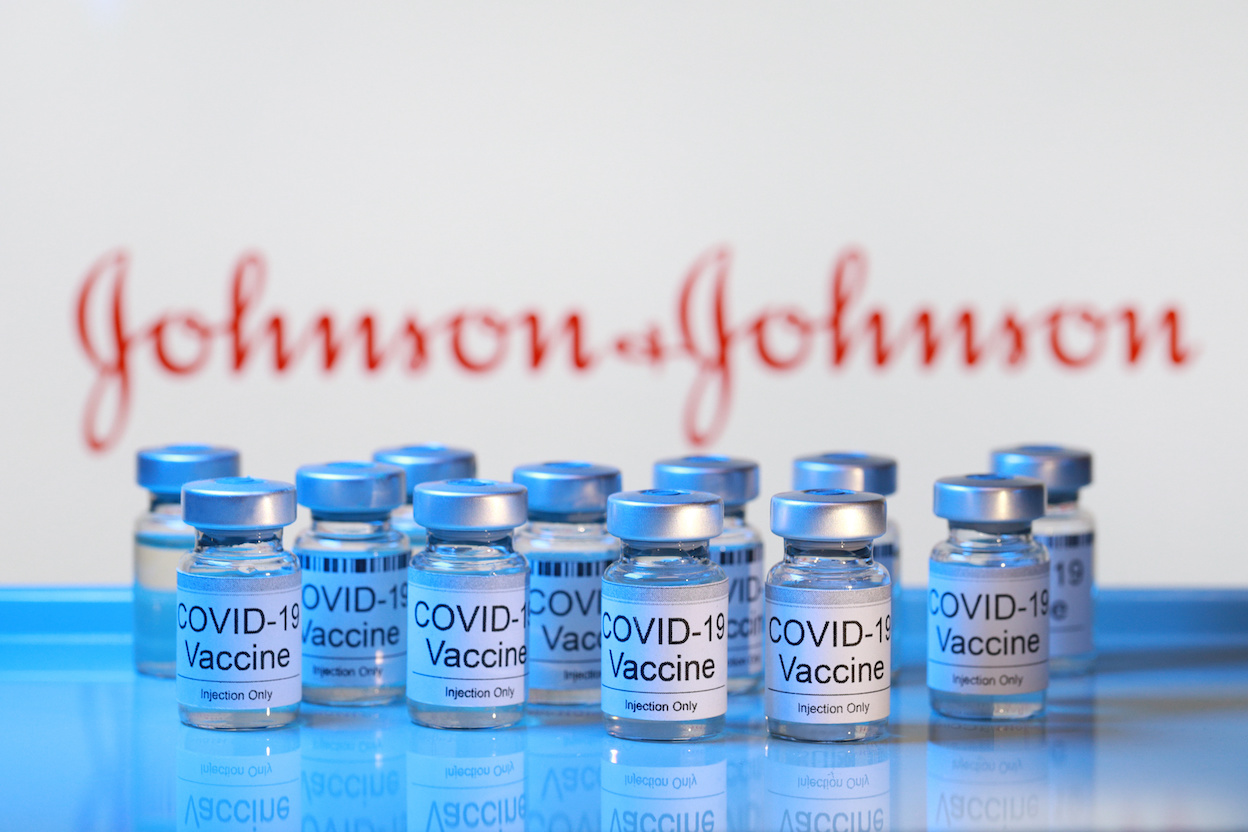
Yesterday, April 13, 2021, the CDC and FDA issued a joint statement addressing the recently approved Johnson & Johnson (Janssen) (J&J) COVID-19 vaccine, recommending a pause in administration of doses. This pause is the result of six reported cases of a rare, serious type of blood clot called cerebral venous sinus thrombosis (CVST).
The six reported cases were in women ages 18-48 and occurred between 6-13 days after vaccination. While this is a very small number, the FDA and CDC are acting out of an abundance of caution until additional information is available about these cases of CVST and their potential relation to the J&J vaccine.
The side effects seen with the J&J vaccine are similar to those observed in Europe in people who received the AstraZeneca vaccine, which uses a similar adenovirus technology (For more information on the difference between adeno virus and adeno-associated virus, please see our previous post on the J&J vaccine). This technology is different from the mRNA platform utilized by Pfizer and Moderna.
What does this mean if I’ve received the J&J vaccine?
If you received the J&J vaccine, know that cases of CVST are extremely rare, occurring in 0.00000088% of the people who have received the vaccine. For comparison, occurrence of CVST in the general population is 0.00005%, which is actually higher than the frequency seen with the J&J vaccine. Additionally, one publication reviewing 42 studies totaling over 8,000 patients revealed that nearly 20% of people with COVID-19 developed blood clots.
If you have received the J&J vaccine and are more than three weeks out from the date of vaccination, your likelihood of developing this complication is extremely unlikely. If you have received the J&J vaccine within the last three weeks and experience symptoms of severe headache, abdominal pain, leg pain, or shortness of breath, you should contact your healthcare provider for medical advice.
What happens next?
As a next step, the CDC will convene a meeting of the Advisory Committee on Immunization Practices (ACIP) today, Wednesday April 14, to further review the cases of CVST and assess their relation and significance to the J&J vaccine. It is possible that as a result of this and subsequent meetings that the FDA will change the recommendations surrounding who should receive the J&J vaccine in the future.
What does this mean for people living with Duchenne?
So far, it is unclear if the cases of CVST were directly related to the COVID-19 vaccine or other risk factors. While there is a pause in administration of additional doses of the J&J vaccine, there is still access to the Pfizer and Moderna COVID-19 vaccines and there are no known safety concerns with receiving either shot. We also know that the risk of a COVID-19 infection in someone with Duchenne far outweighs the risks associated with being vaccinated, and encourage people who are 16 years or older and living with Duchenne, and their eligible loved ones, to be vaccinated when possible.



 by: Parent Project Muscular Dystrophy
by: Parent Project Muscular Dystrophy

